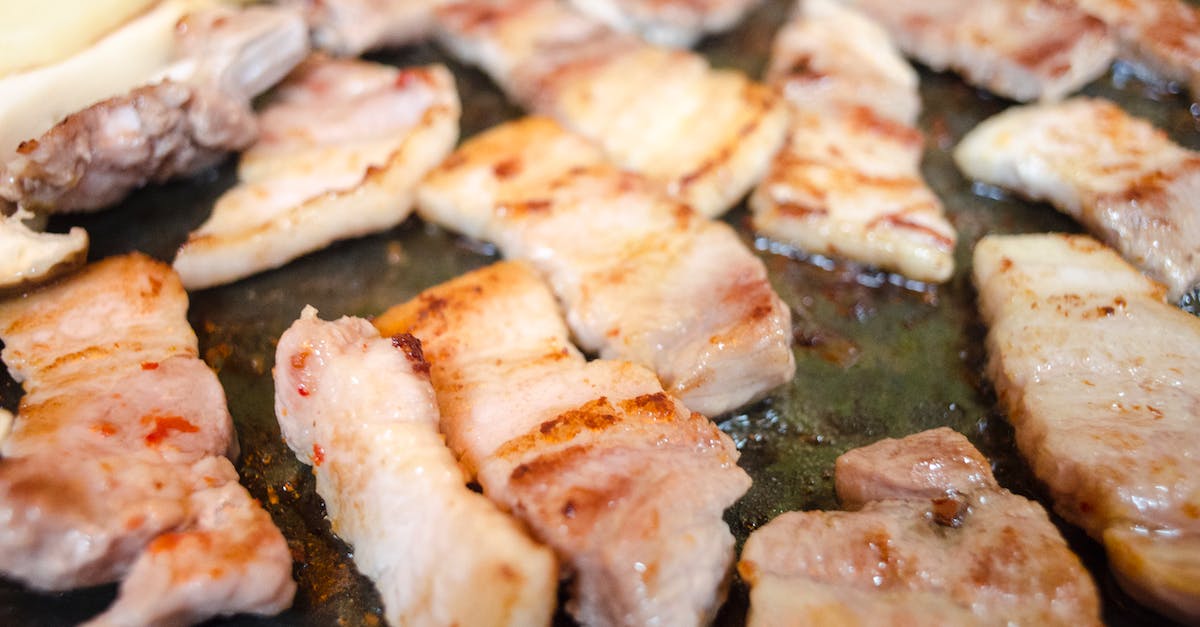What Can be Done to Effectively Deter Chinese Bombers from Entering Taiwanese Airspace?

The recent ban on Taiwanese imports by Beijing is a sign of further deterioration in the already strained relationship between China and Taiwan. This is further compounded by the fact that last month, China sent 21 bombers into Taiwan’s air defense identification zone (ADIZ) as a show of force.
The consequences of such aggressive tactics are likely to be wide-reaching and could be felt across both sides of the Taiwan Strait. Economically, the ban on imports from Taiwan could have a significant negative impact on Taiwanese businesses, who are likely to suffer from the decrease in demand for their products.
1. What imports did Beijing recently ban from Taiwan?
Recent reports on Taiwan indicate that Beijing has recently experienced a record incursion of Chinese bomber aircraft. This incursion has been seen as an aggressive act by Beijing, and is indicative of increased political tension between the two countries. In response to the incursion, Beijing has taken the action of banning imports from Taiwan, a move that has been met with both criticism and consternation from the international community. This ban has been seen as a way of Beijing attempting to increase economic pressure on Taiwan as a means of furthering its political agenda. The exact imports that have been banned remain unclear, though it is believed that certain agricultural and industrial products have been targeted by the ban.
2. What is an air defense identification zone (ADIZ)?
An Air Defense Identification Zone (ADIZ) is an area of airspace extending beyond the territorial boundaries of a nation in which the identification, location, and control of aircraft is performed in the interest of national security. It is used to protect airspace from potential military threats and is established by a nation to monitor and control aircraft entering and exiting its airspace. In the case of Taiwan, the ADIZ allows the nation to detect any potential intrusions by Chinese bomber aircraft and take the necessary action to protect its airspace. The ADIZ is composed of the airspace around a nation, usually extending beyond its territorial boundaries, and the ground-based sensors and communication systems used to identify and control aircraft in the area.
3. How many bombers did China send into Taiwan’s ADIZ last month?
The news of Chinese bomber aircraft incursion into Taiwan’s Air Defense Identification Zone (ADIZ) last month garnered much attention across the world. This is due to the fact that the number of bombers sent into the ADIZ by China was unprecedented. Specifically, the People’s Liberation Army Air Force (PLAAF) dispatched a total of three bombers into Taiwan’s ADIZ, a sharp increase from the usual one or two bombers in previous months. This sharp increase in the number of bombers sent by China has raised serious concerns on the security of the region and has prompted many to call for further action to ensure regional stability.
4. What is the Chinese Communist Party’s view on the status of Taiwan?
The Chinese Communist Party (CCP) has held a consistent stance on the status of Taiwan since its founding in 1949. It views Taiwan, as well as its associated islands, as part of the People’s Republic of China, and any attempts to secede from Chinese control as illegal and illegitimate. This view is enshrined in the Chinese constitution and is part of the CCP’s core ideology, which is based on the idea of a unified Chinese nation. As such, the CCP strongly rejects any reports of record incursions by Chinese bomber aircraft over Taiwan, viewing such incursions as a direct violation of Chinese sovereignty and a threat to regional stability.
Quick Summary
This latest provocation shows that China is determined to pressure Taiwan into accepting its demands, despite its lack of support from the international community and Taiwan’s ongoing commitment to peace. It is a worrying sign for the future of conflict resolution between the two sides, as pressure tactics like this could lead to further escalations. It is crucial for all involved parties to remain calm and talk through any disagreements peacefully, rather than resorting to military force and provocative measures.







